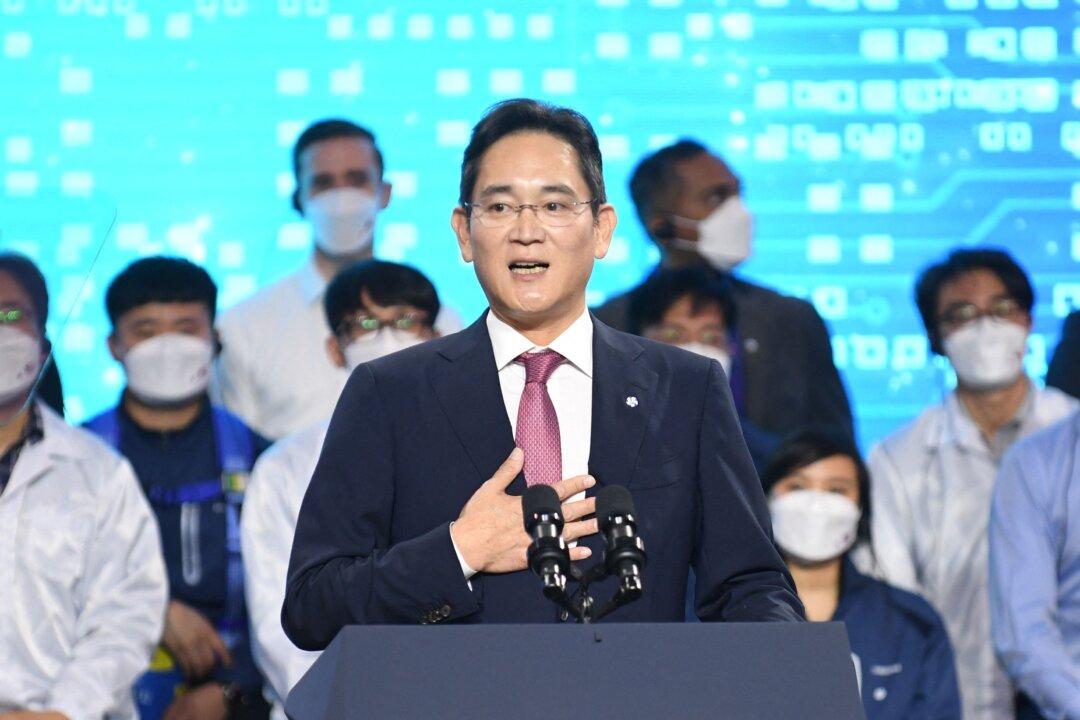Some prominent South Korean politicians are endorsing a presidential pardon for Samsung’s chief Lee Jae-yong, citing the company’s crucial role in the national economy and its increasing challenges in the global semiconductor market. Public opinion supports a favorable outcome.
Lee, who is currently on parole over a bribery case, is in charge of Samsung Electronics’ medium and long-term investment strategy. However, he is unable to fully participate in the company’s business operations due to legal restrictions.





